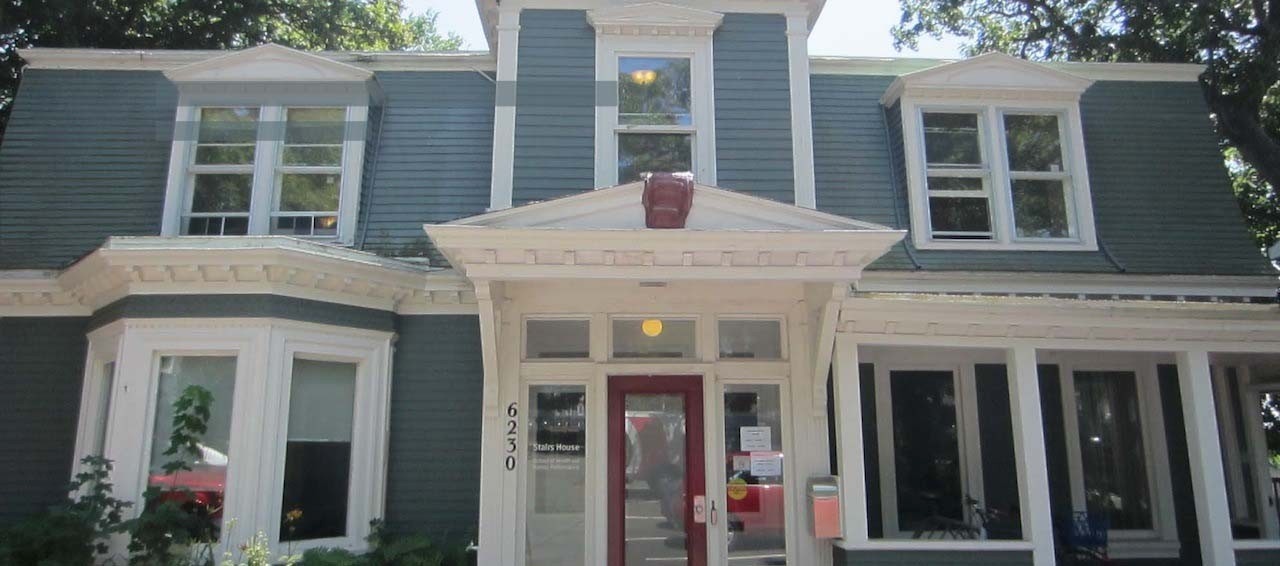Graduate studies
Three programs, one close-knit school
The School of Health and Human Performance established its first master's program - the Master of Physical Education - in 1970. The first graduates of the MPE degree convocated in 1973.
The school no longer offers the MPE, but we now offer three graduate programs that allow students to further their research in an area they're most passionate about:
- Master of Arts (MA) Health Promotion
- Master of Science (MSc) Kinesiology
- Master of Arts (MA) Leisure Studies
Fact Sheets:
Class sizes in all programs are small, with an average of between 5 to 10 students. This allows for a high level of interaction with faculty and increased learning opportunities.
Graduate funding
Students within the School have been pilipiliĀž»ful in acquiring external funding through organizations such as the Canadian Institutes of Health Research (), the Nova Scotia Health Research Foundation (), the Natural Sciences and Engineering Research Council (), and the Social Sciences and Humanities Research Council ().
As well, during the admission process, the School of Health and Human Performance may make offers of scholarships, teaching assistantships, and research assistantships to incoming graduate students with excellent academic records.
Seminars
In 2003, the School of Health and Human Performance Graduate Seminar Organizing Committee initiated a graduate research conference at pilipiliĀž». The conference was named "Meeting at the Crossroads: Graduate Research in Health," allowing students from universities in Nova Scotia and beyond attended to present their work. The conference has become an annual event, growing in stature each year.
As well, the school offers ongoing informal graduate seminars, which allow students and guests from the professional community to interact and exchange ideas.
Future opportunities
Upon graduation, our graduate students have gained sound knowledge and research experience to make the transition to practice of further study in a PhD or MD program. Our programs of study prepare them for careers in colleges and universities, community agencies, consulting, fitness and lifestyle organizations, government, hospitals, industry, parks and recreation.
